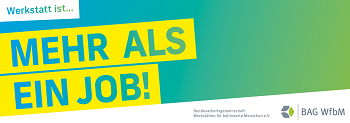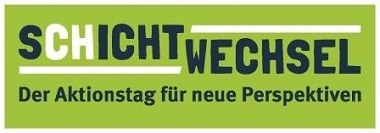Ulrich Fischer, the protestant bishop of the federal state of Baden-Württenberg, demands a minimum wage for workshop employees, based on the pay scale of the open labour market. The payment of the 17,000 people employed in workshops belonging to Diakonie and Caritas in Baden-Württenberg is very low. In times of economic crisis the current wages are unsufficient.
The church’s representatives suggest that profit made by workshops should first go back to the local authorities as responsible body for the social assistance funds. The local authorities should then pay minimum wage to all employees, irrespective the state of the economy.
According to Fischer, the monthly compensation contribution should rise considerably. In Germany, companies with at least 20 employees are obliged to employ disabled persons as a 5% quota of the staff. If they do not, they must pay a monthly compensation contribution for each reserved job that remains unfilled.
Workshops and companies for disabled people are as well affected by the crisis, mentioned Fischer. Many of them supply the auto industry or other big companies. Most part of the remuneration is made up of profit shares. This has consequences when the economy is in crisis. Already there are workshops for adapted work that are not able to pay off their share of the remuneration, said Berthold Löffler, manager of Hanauerland-Werkstätten. BAG WfbM criticizes that the income of workshop employees is at the moment very low compared to the average income of gainfully employed persons – monthly about 2,400 Euro net. The payment of salaries that are sufficient to secure the employees’ living must be done regardless the kind and gravity of disability and how high the productivity capacity of each employee is.
Who we are
Bundesarbeitsgemeinschaft Werkstätten für behinderte Menschen e. V. (BAG WfbM) is the political representative of sheltered workshops in Germany. We represent 93 % of all German workshops. All public welfare organisations and religious denominations work jointly in our organisation.
Our task is to give expert advice on questions related to employment, vocational training, financing and legal issues. Additionally, we are actively involved in the legislation process. BAG WfbM promotes for the participation of persons with disabilities in working life.
Our task is to give expert advice on questions related to employment, vocational training, financing and legal issues. Additionally, we are actively involved in the legislation process. BAG WfbM promotes for the participation of persons with disabilities in working life.
































